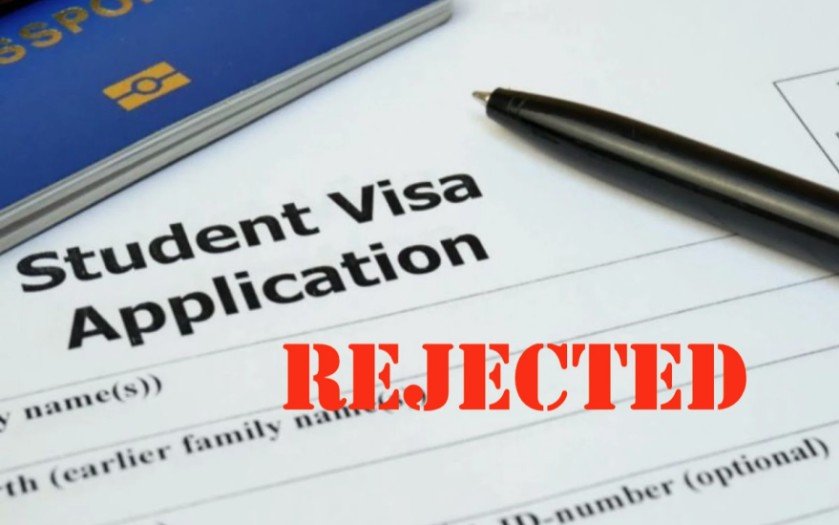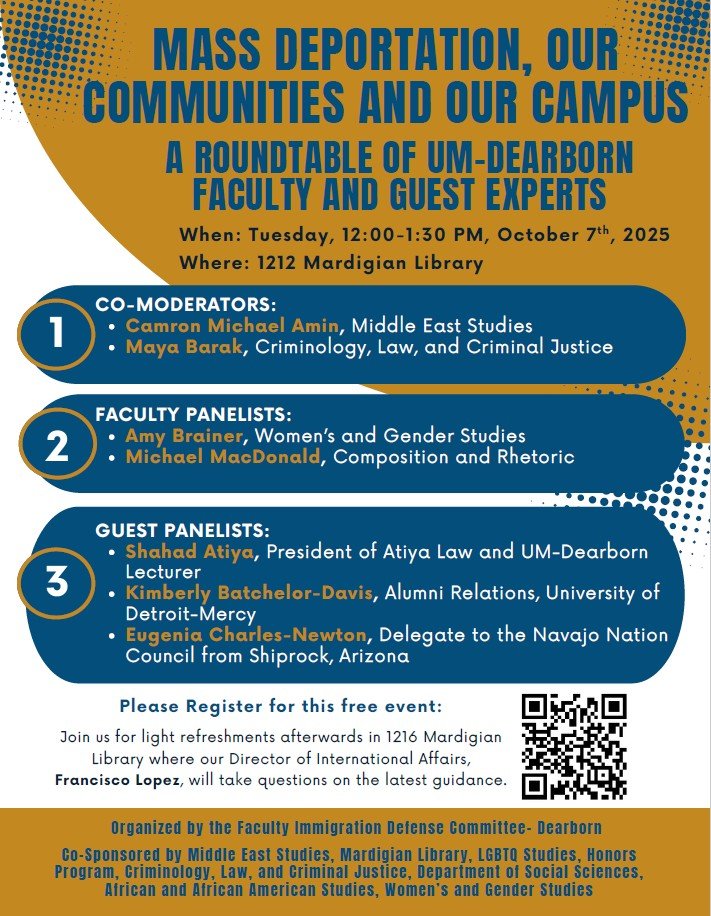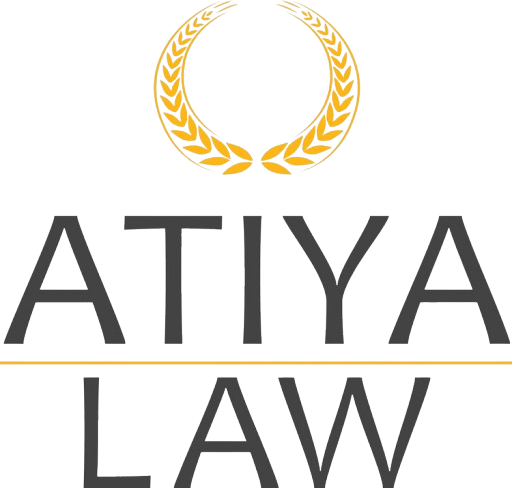
WASHINGTON D.C.- The Trump administration is taking measures to make it more difficult for foreign students to apply for entry into the U.S. and for current student visa holders to remain in the country to finish their studies.
The country likely to be impacted by the stricter guidelines is India, whose citizens currently hold 29% of all student visa holders in the U.S. There are currently more than 330,000 Indian students in the U.S.
The directive, effective since early September 2025 barred all non-immigrant visa applicants from applying outside their country of citizenship or legal residence. This includes student (F-1), visitor (B1/B2), and work visas (H-1B, 0-1).
The measure ends a Covid-era practice that allowed applicants to seek appointments at U.S. Embassies in third party countries such as Singapore, Thailand, Germany or Brazil. That policy saved applicants and universities months of delays.
But with this recent directive that only allows citizens or nationals to apply in their home country, this means applicants must navigate increased bureaucratic challenges, higher costs, and longer processing times. Reported wait times in India are more than three months in Mumbai and up to nine months in Chennai.
The new directive resulted in thousands of students having to refile their application and repay fees, with uncertainty whether their application will be approved. Latest figures show that more than 50 percent of student visas are being denied. Overall student visa enrollments are down 15% this fall compared to one year ago.
As of September 2, 2025, the U.S. State Department (DOS) also eliminated most non-immigrant visa interview waivers. Children under 14 and seniors over 79, who were previously exempt, must now appear in person for interviews. All students applying for F and M visas are required to attend consular interviews without exception.
There may be even more hurdles to cross in the future. The Department of Homeland Security (DHS) is proposing ending the long standing “duration of status” system. Instead of being allowed to remain in the U.S. for the duration of their programs, students will be issued fixed-term visas that could be capped at four years. This causes problems for students seeking doctoral or a masters degrees.
Crackdown on current foreign students
The State Department revoked more than 6,000 student visas this year, as part of a push by the Trump administration to crackdown on international students who the Department alleges broke U.S. laws.
Among the reasons include staying after their visas had expired, driving under the influence, burglary, assault and “support of terrorism.”
In June 2025, the State Department directed its embassies and consulates to vet student visa applicants for “hostile attitudes towards our citizens, culture, government, institutions, or founding principles.”
Students are being asked to set their social media profiles to public as part of the vetting process, noting that “limited access to, or visibility of, online presence could be construed as an effort to evade or hide certain activity.”
Many students do not qualify for any process to contest their visa revocation finding, which in turn costs them the inability to finish their studies and lose out on their university degree.
Student visa holders fight back with lawsuits
A group of 150 foreign students who had their F-1 visas revoked by the State Department earlier this year have filed a petition with the U.S. District Court for the District of Columbia.
The lawsuit argues that a federal judge should reinstate those foreign students’ visas because it is unlawful to make a blanket cancellation. The petition argues that revoking a student’s visa needs to be determined on a case-by-case basis.
Attorney Shahad Atiya of Atiya Law will be participating in an event titled “Mass Deportation, Our Communities and Our Campus,” a roundtable with other experts at the University of Michigan in Dearborn on October 7, 2025 from 12:00-1:30 p.m., which will address how changes in immigration policies have impacted the student and university community (See flyer below).

“Students need to understand their rights and obligations in this country. Ask the important questions before you get a notice from immigration,” Atiya said.
If you or a family member need information regarding a specific case or the assistance of experienced attorneys fighting for people like you every day, call our 24/7 English-Spanish line at 248.951.2450 or reach out to us at Atiya Law.

Helpful, much appreciated.